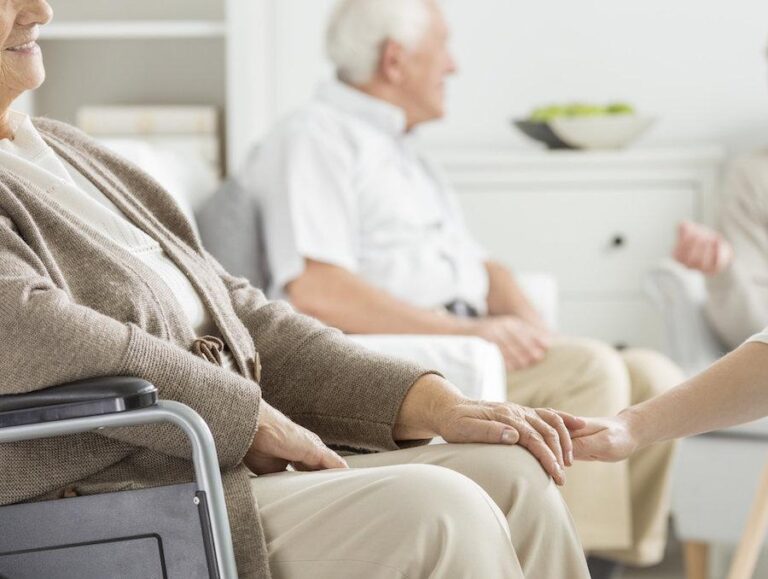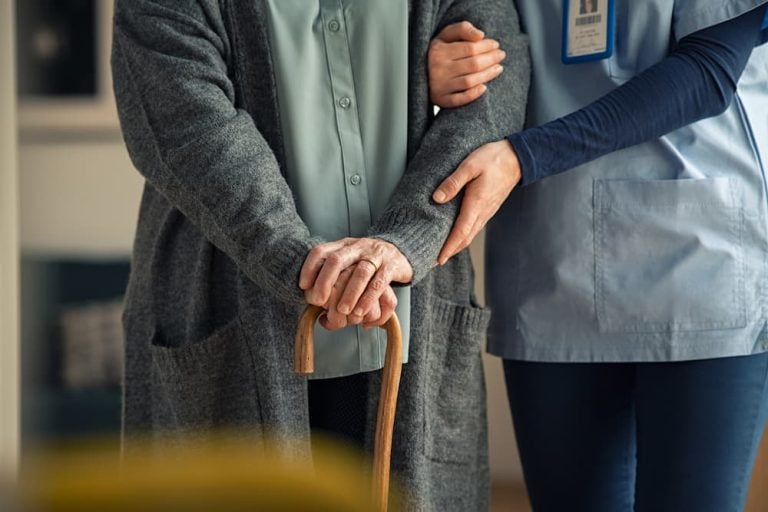You may have a loved one currently residing in a nursing home—a place you have put your trust into to care responsibly for your family member. Unfortunately, there are times when nursing home abuse and neglect occur, and when it does it is devastating not only to the victim, but the family as well. We want you to be aware of not only the signs of elder abuse but ways to protect your loved one against abuse and neglect in order to prevent these occurrences. However, our Nursing Home Negligence Attorneys are here for you if needed.
Embed this infographic on your site
Please include attribution to McDivittLaw.com with this graphic.
<a href='https://www.mcdivittlaw.com/nursing-home-abuse-neglect/'><img src='https://www.mcdivittlaw.com/wp-content/uploads/McDivitt-Nursing-Home-Abuse-Infographic-scaled.jpg' alt='The Truth About Nursing Home Neglect and Abuse' width='768px' border='0'/></a>

Signs of elder abuse
- Weight loss
- Repeated ER visits
- Sudden changes in financial situation
- Abrasions
- Bedsores
- Bruises
- Dehydration
- Broken bones
- Poor hygiene
19 out of 20 nursing home residents in a study reported they had been neglected or seen another resident neglected.
44 of nursing home residents have reported that they have been abused.
Who can commit elder abuse?
- Staff of: Nursing Homes, Assisted Living, Other Facilities.
- Family: Children, Spouses, Other Family Members
Ways to help protect your loved ones against abuse:
Visit – Make frequent visits, some unannounced, in order to observe the running of the nursing home facility.
Monitor – Document all relevant situations that occur within the nursing home. Obtain copies of files, check medical records and communicate with doctors, and take photographs.
Advocate – Attend meetings that consider the care of your loved one. Care plans should be updated frequently in order to best meet individualized needs.
Communicate – Talk with your loved one openly and converse with other lucid nursing home residents in order to comprehensively understand the situation.
Report – File complaints and report abuse to social services and police. Update friends and family. Hire a lawyer with experience in protecting elders.


